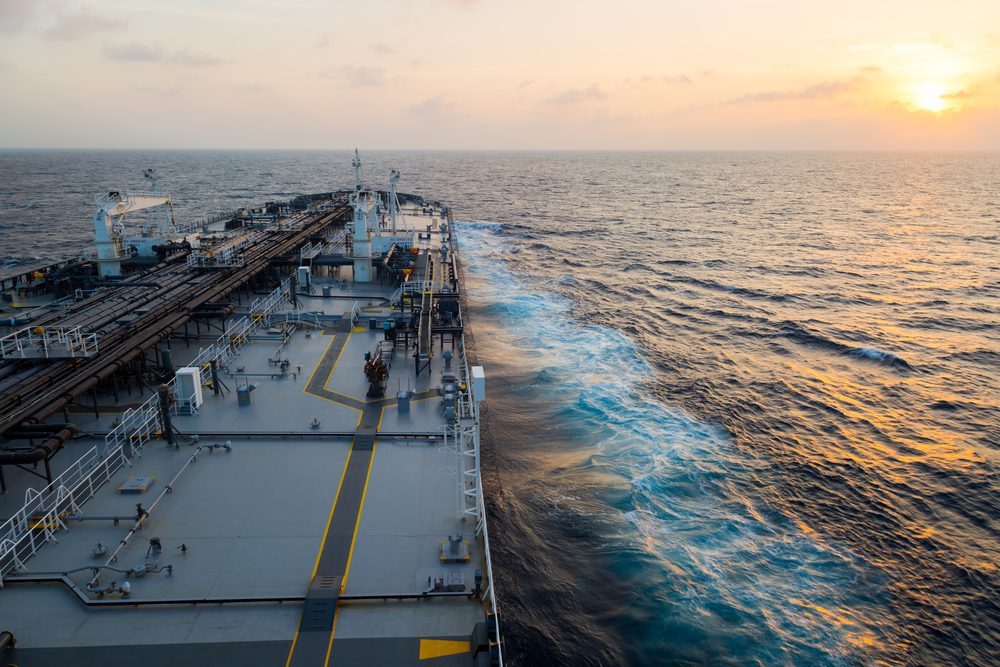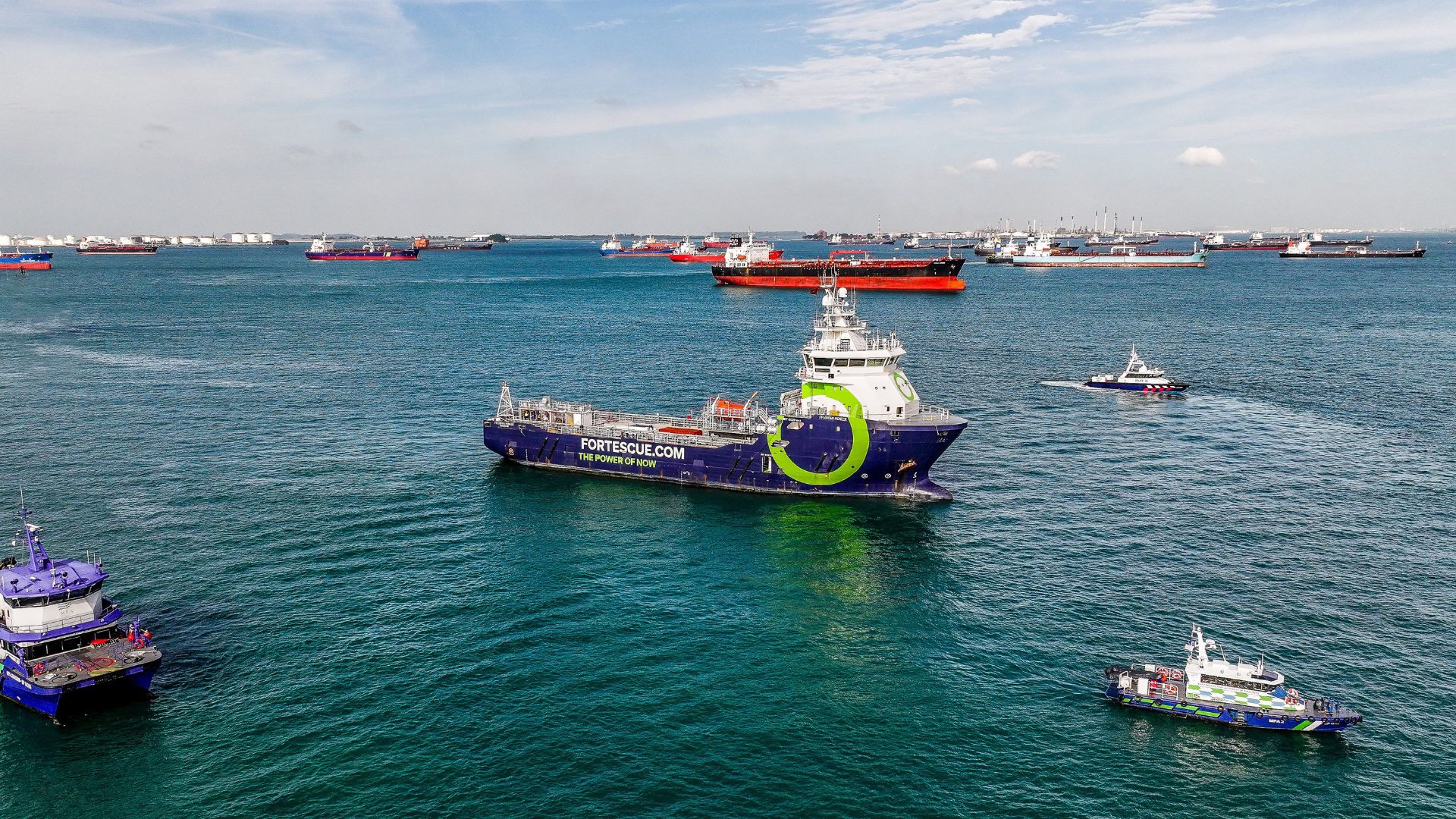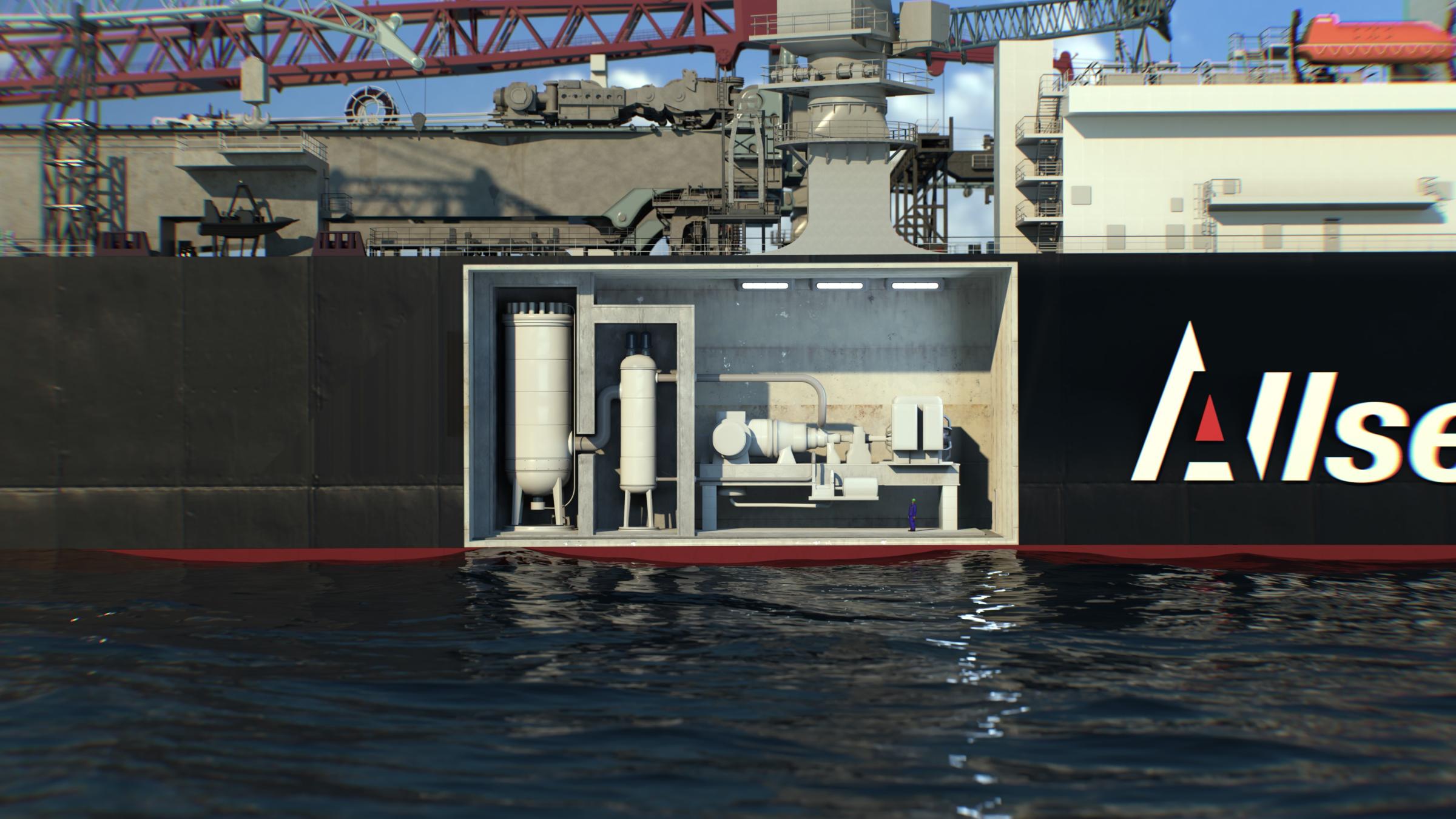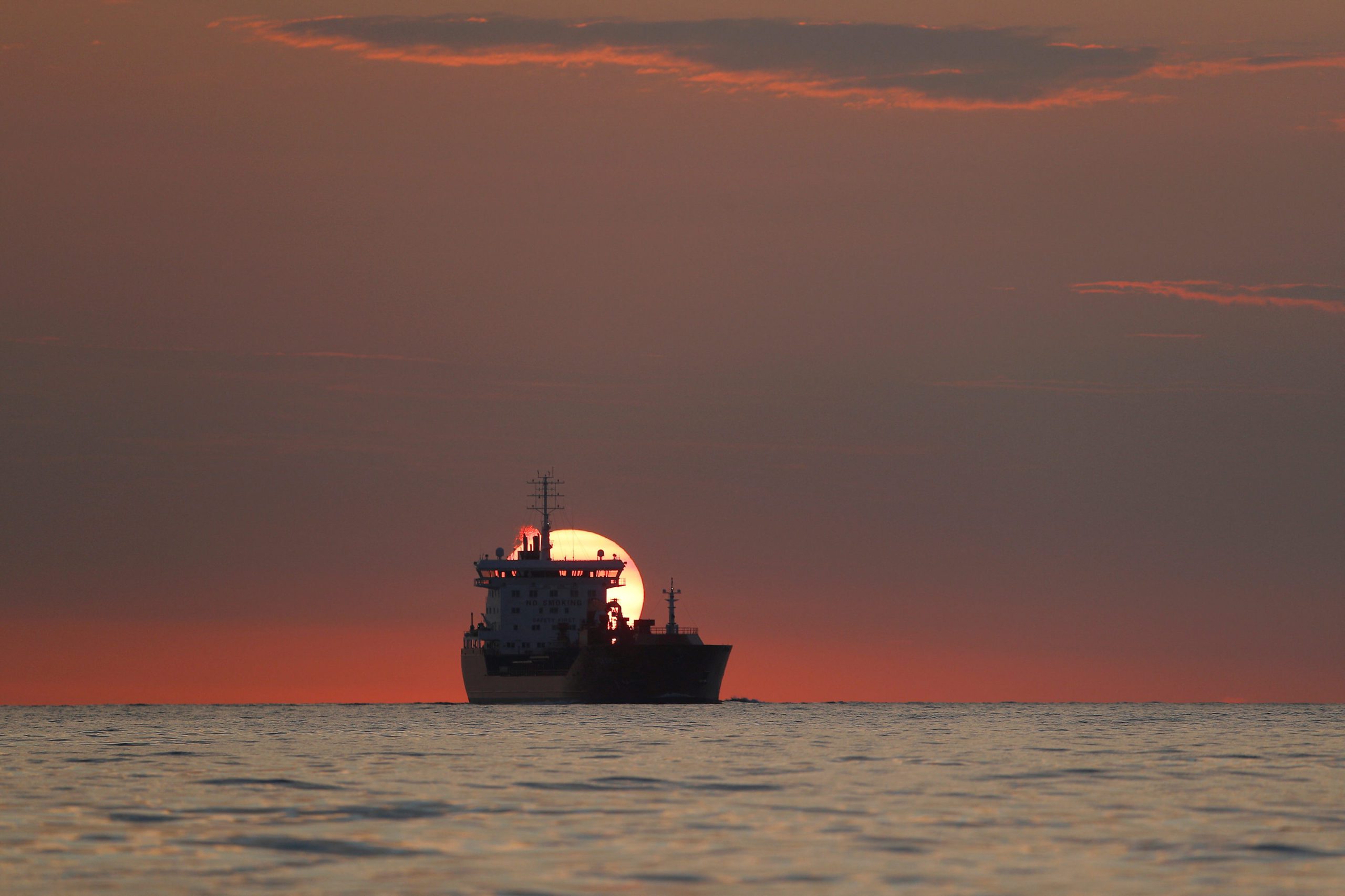During the keynote speech at this week’s Shipping Insight conference in Connecticut, American Bureau of Shipping (ABS) CEO Christopher J. Wiernicki discussed the importance of Green Shipping Corridors to reducing the industry’s carbon footprint, but warned that emerging geopolitical security concerns like the Nord Stream pipeline leaks, Colonial Pipeline hack and mines in the Black Sea are competing with carbon initiatives for the attention of shipowners.
“If we are to achieve net zero by 2050 our efforts have to be much more than a series of disconnected shipping decarbonization projects,” said Wiernicki. “We need collaboration and strategy.”
According to Wiernicki, green shipping corridors – linking climate friendly cities along major trade routes – and green energy hubs – major ports with the policies and alternative fuel or nuclear powered infrastructure to refuel ships and power local logistics – are an opportunity for the maritime industry to take a leading role in carbon reduction infrastructure.
“Collaboration is a much overused word today,” he said. “But it’s important to the success of green shipping corridors. In clean energy, marine hubs cannot be overstated. There is simply too much research and development, engineering, production, monitoring, data collection, analysis and operation revolution for any one organization to handle this by themselves, so shippers, carriers, and government organizations must work together to achieve success.”
True global collaboration is difficult. One major problem is the lack of a critical organizing framework connecting low- and zero-carbon shipping to broader regional, national and international decarbonization initiatives. To solve this, Wiernicki says U.S. government leadership could help connect global players, but first the nation needs a National Clean Energy Strategy.
Another major problem is that emerging geopolitical and maritime security risks threaten to pull the shipping world’s attention away from decarbonization.
“One thing we are seeing now, in terms of risk and ensuring resilience is the importance of not just cyber security, but also OT and physical security,” he said “I don’t think we spend enough time on physical security from an industry point of view.”
In a panel that followed the keynote address, Navigator Gas Vice President Randy Giveans said growing concerns over the security of critical fixed infrastructure – like pipelines and bridges – creates an opportunity for shipping to develop more secure alternatives.
“The optionality and flexibility of shipping is a huge benefit to those looking for more secure energy transportation alternatives,” said Giveans. “Fortunately, there’s a lot of water out there so there’s many routes a ship can take. Instead of a pipeline where you’re kind of stuck with what you got.“
But Giveans warned that keeping ships safe in these uncertain times requires vigilance and proactively seeking out naval security intelligence that can help maritime operations teams actively avoid trouble.
That requires well trained and motivated people.
Wiernicki concurred and said the solution to physical and cyber security concerns, as well as decarbonization, is investing in people. New ideas, data and innovation all play a part, but the growing complexity of problems we face can only be solved by recruiting, training and empowering people to collaborate.
“Always remember that technology has no common sense, no instincts and no sense of humor,” said Wiernicki. “So people are going to be kind of underpinned in this risk profile.”
Editorial Standards · Corrections · About gCaptain

 Join The Club
Join The Club











